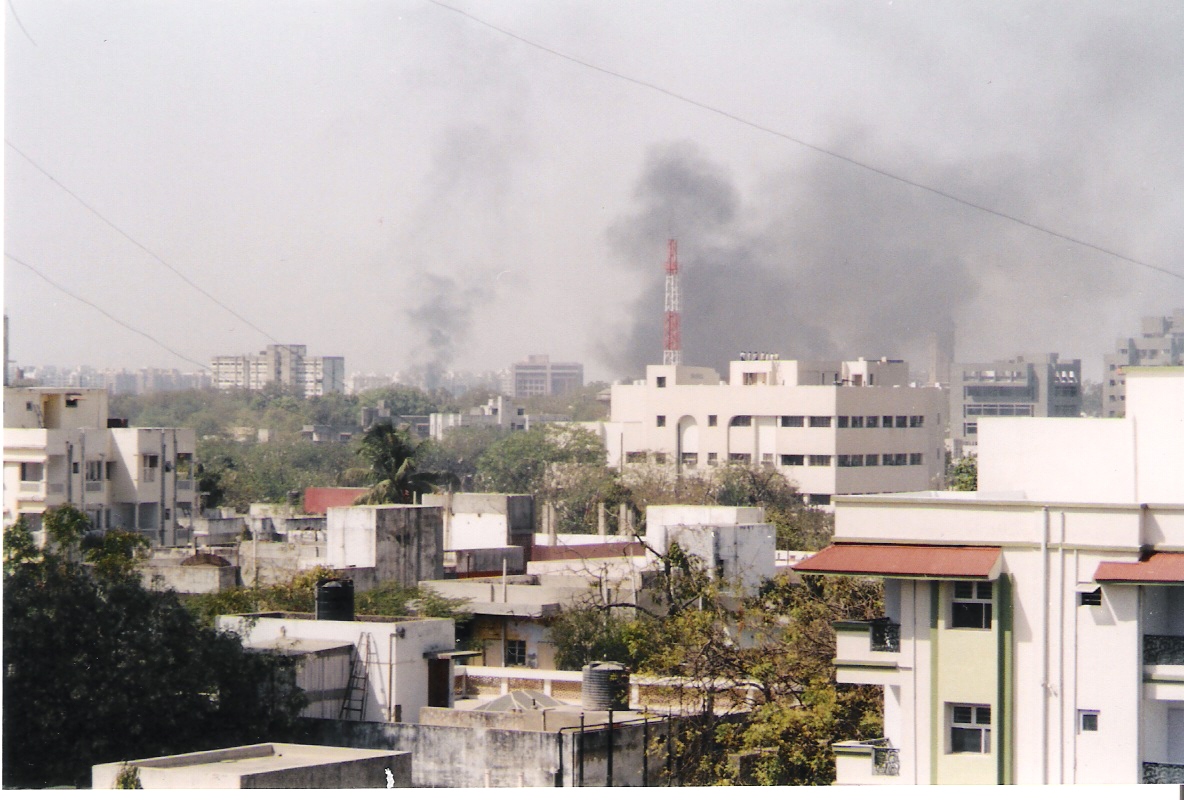 Since its rise to power, the Bharatiya Janata Party (BJP) in India has pursued a systematic and calculated strategy to dismantle opposition forces, particularly targeting the Congress party, its principal adversary. Through a combination of divisive tactics, engineered defections, and financial strangulation, the BJP has sought to weaken and incapacitate the Congress party, thereby consolidating its own political dominance.
Since its rise to power, the Bharatiya Janata Party (BJP) in India has pursued a systematic and calculated strategy to dismantle opposition forces, particularly targeting the Congress party, its principal adversary. Through a combination of divisive tactics, engineered defections, and financial strangulation, the BJP has sought to weaken and incapacitate the Congress party, thereby consolidating its own political dominance.
From the outset, the BJP recognized the Congress party as its primary obstacle to hegemonic control. To undermine its adversary, the BJP employed a multi-pronged approach aimed at discrediting and dismembering the Congress party. One of the key strategies was to sow seeds of division within the Congress ranks, exploiting existing fault lines and internal dissent to weaken the party from within. By exacerbating intra-party conflicts and encouraging factionalism, the BJP created an environment of mistrust and discord, thereby undermining the cohesion and effectiveness of the Congress leadership.
Simultaneously, the BJP engaged in a concerted effort to engineer defections within the Congress party, particularly in states where it held power. Leveraging its political clout and resources, the BJP enticed disgruntled Congress members to defect, offering inducements and promises of power and patronage in exchange for their allegiance. Through these orchestrated defections, the BJP not only depleted the Congress party’s ranks but also destabilized its governments in various states, strategically weakening its foothold at the regional level.
When conventional tactics failed to completely incapacitate the Congress party, the BJP resorted to more extreme measures, including financial strangulation. Recognizing the pivotal role of financial resources in sustaining political campaigns and organizational infrastructure, the BJP orchestrated a campaign to starve the Congress party of funds. Under the guise of legal compliance, the Modi government misused government agencies to target the Congress party’s financial assets, effectively sealing its bank accounts and crippling its financial operations.
The repercussions of this financial crackdown have been severe, particularly in the run-up to general elections. With its coffers emptied and its access to funds severely restricted, the Congress party finds itself severely handicapped in mounting an effective electoral campaign. Unable to finance rallies, advertisements, and other campaign activities, the Congress party faces an uphill battle in competing against the well-funded machinery of the BJP and its allies.
The consequences of the BJP’s systematic assault on the opposition extend beyond the immediate electoral arena. By neutralizing the Congress party and other opposition forces, the BJP undermines the very essence of democracy, stifling dissent and monopolizing political power. Without a viable opposition to hold the ruling party accountable, democratic norms and institutions are weakened, paving the way for unchecked authoritarianism and executive overreach.
The BJP’s strategy of disabling the opposition not only undermines the democratic fabric of Indian society but also erodes public trust in the political process. When opposition parties are systematically targeted and marginalized, citizens lose faith in the fairness and integrity of the electoral system, leading to disenchantment and apathy. This erosion of trust poses a grave threat to the legitimacy of democratic governance and the stability of the political order.
The BJP’s game plan to demolish the opposition represents a calculated assault on the foundations of democracy in India. Through a combination of divisive tactics, engineered defections, and financial strangulation, the BJP seeks to consolidate its political dominance by neutralizing its adversaries. However, the consequences of such a strategy extend far beyond partisan politics, posing a grave threat to democratic values and principles. As guardians of democracy, it is incumbent upon citizens and civil society to resist and challenge attempts to undermine the democratic process and ensure the preservation of pluralism, dissent, and political accountability.





Be the first to comment